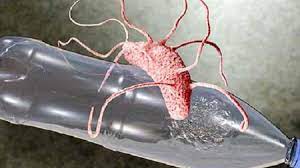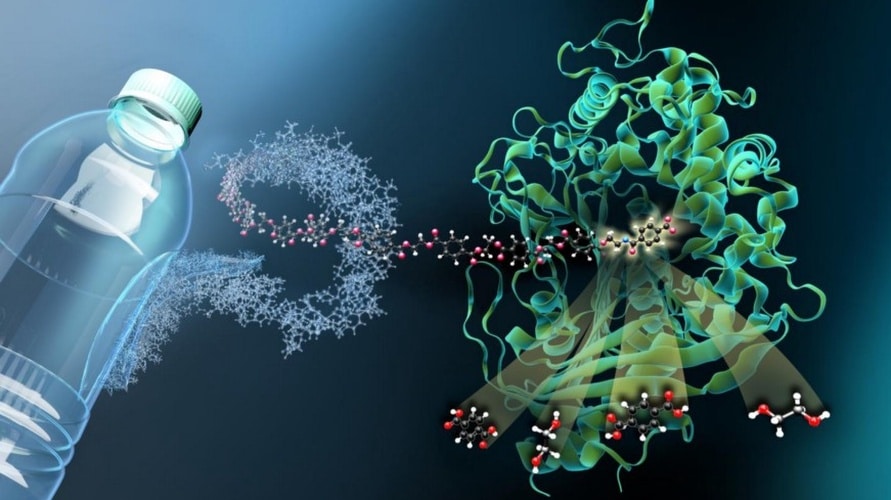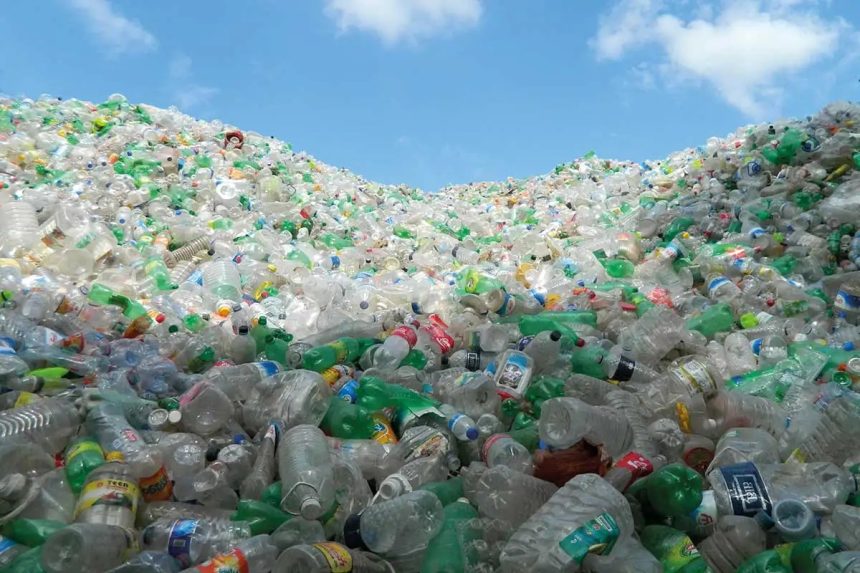A class of bacteria that can ‘digest’ plastic at low temperatures has been identified by scientists. Researchers at the Swiss Federal Institute WSL discovered that some bacteria could degrade plastic at temperatures of 15 degrees Celsius (59 degrees Fahrenheit). While they were studying them in Greenland, Svalbard, and Switzerland. In the past, researchers have only ever discovered microorganisms undertaking this activity at temperatures above 30C (86F).

This study, according to scientists, might have a significant impact on plastic recycling in the decades to come. The plastic bottles we discard now will endure for centuries. It’s one of the primary causes of the growing plastic pollution issue, which is fatally affecting marine life.
How do Plastic-eating bacteria work?
However, a new type of bacteria that can essentially consume the plastic used to produce bottles has been developed by scientists, and it now functions more quickly. The results are modest; however, they do demonstrate how bacteria may be able to contribute to more beneficial recycling.
- Advertisement -
Long, repetitive chains of molecules make up the complex, water-insoluble compounds that make up plastics. Plastic is extremely resilient and takes a very long time to degrade naturally due to the strength of these links. In a closed-loop system, these chemical building blocks could be extracted and recycled. To create new polymers if they could be disassembled into their more manageable, soluble chemical parts.

Ideonella sakaiensis 201-F6 was shown to be able to break down the polyethylene terephthalate (PET) plastic used to create single-use beverage bottles in a 2016 study by Japanese researchers. It functions by secreting PETase, a sort of enzyme (a protein that can quicken chemical reactions). This breaks down particular chemical bonds (esters) in PET, resulting in smaller molecules that the bacteria can take up and use for sustenance since they contain carbon.
The new enzyme appeared to have evolved especially for this task. Even though other bacterial enzymes are previously known to slowly break down PET. This implies that it might be quicker and more effective, which would make it suitable for use in bio-recycling.



